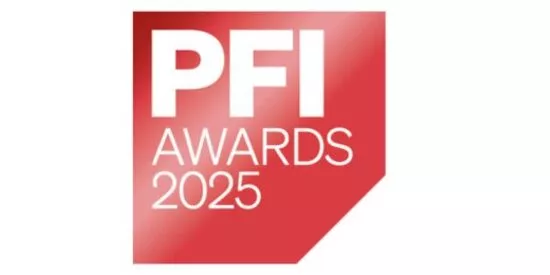
Blockchain
What is blockchain?
Blockchain is a secure, transparent information storage and transmission technology that operates without a central control unit. It is based on a distributed, immutable register, structured in the form of chained blocks and validated by a network of computers called nodes.
Blockchain is based on several principles:
- Decentralization: Unlike traditional databases, blockchain is managed by a distributed network of interacting participants, with no central authority.
- Transparency: In the case of public blockchains, all registered transactions are visible and verifiable by all network participants.
- Immutability: Once a block has been validated and added to the chain, it becomes virtually impossible to modify or delete it.
- Security: Each transaction is validated by cryptographic mechanisms, ensuring the integrity and authenticity of these transactions.
- Authorization: Transaction validation and compliance are based on consensus protocols ensuring agreement between network nodes (Proof of Work, Proof of Stake...)
What are the types of blockchain?
There are different types of blockchain, each with its own operating procedures:
- The public blockchain, for example, is accessible to all, such as Bitcoin and Ethereum.
- Private blockchain, on the other hand, is controlled by an organization or consortium, with restricted access granted by the controlling entity(ies).
- The hybrid blockchain combines the functions of private and public blockchains, so that only limited data is controlled.
In this way, blockchain guarantees efficient, transparent and secure transactions, facilitating financial operations.
Our latest news and insights

"I Learn, Therefore I Evolve": Rethinking Human Learning in the Age of AI (ft. Dr. Barbara Oakley)
What if our biggest edge in an AI world isn’t more data—but better learning
What if our biggest edge in an AI world isn’t more data—but better learning
Podcasts
What if our biggest edge in an AI world isn’t more data—but better learning
"I Learn, Therefore I Evolve": Rethinking Human Learning in the Age of AI (ft. Dr. Barbara Oakley)
Societe Generale named "Americas Bank of the Year" by PFI
Societe Generale has demonstrated its leadership in project and infrastructure finance, earning several recognitions...
Societe Generale has demonstrated its leadership in project and infrastructure finance, earning several recognitions...
Awards & Rankings
Societe Generale has demonstrated its leadership in project and infrastructure finance, earning several recognitions from Project Finance International.
Societe Generale named "Americas Bank of the Year" by PFI
Structured Products in 2026: Redefining Control in Uncertain Markets
Structured products are resurging as higher interest rates and better digital tools make capital‑protected and clearly...
Structured products are resurging as higher interest rates and better digital tools make capital‑protected and clearly...
Expert views
Structured products are resurging as higher interest rates and better digital tools make capital‑protected and clearly defined investment solutions more attractive and accessible for investors seeking stability in uncertain markets.
Structured Products in 2026: Redefining Control in Uncertain Markets
More results
google link